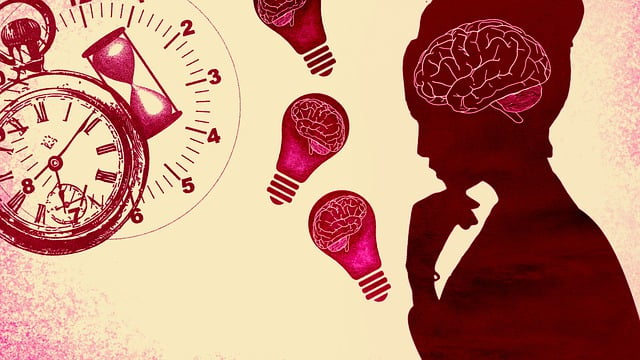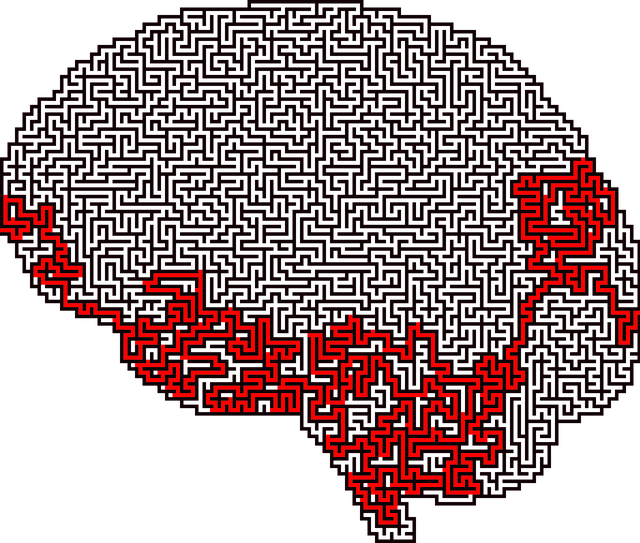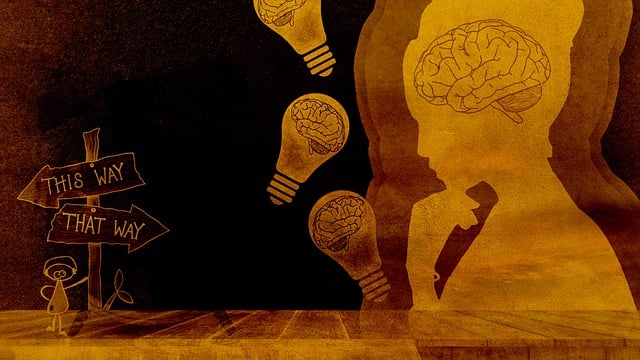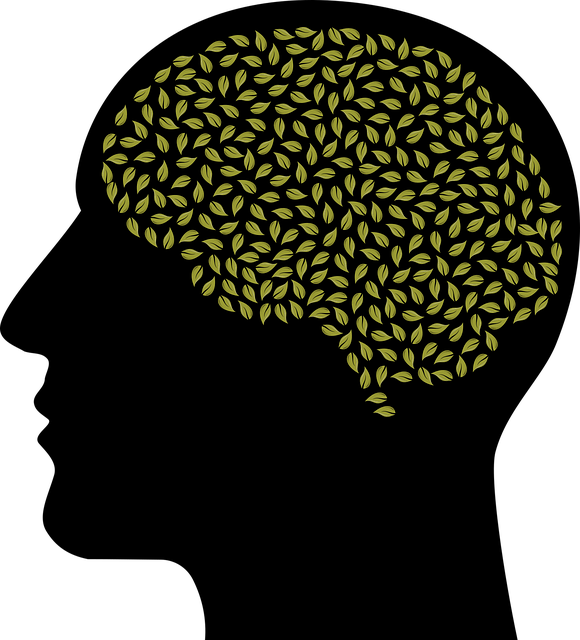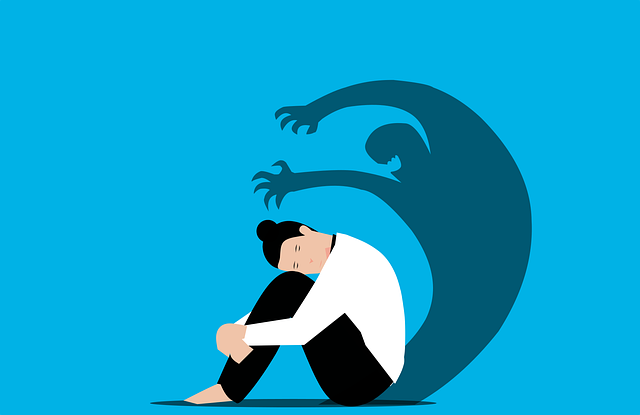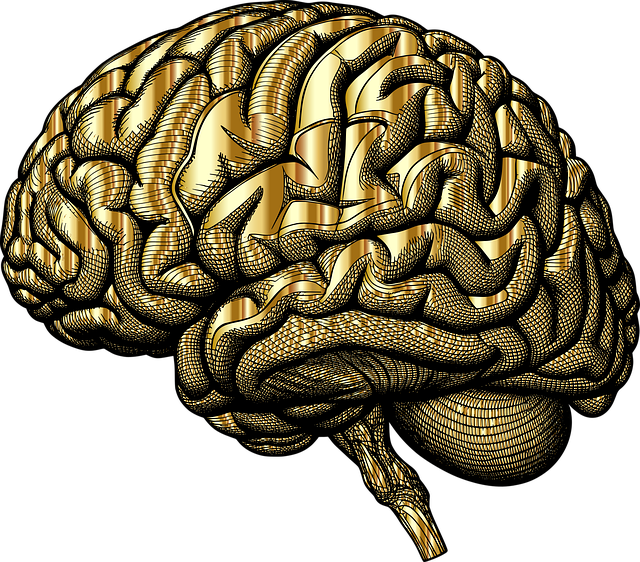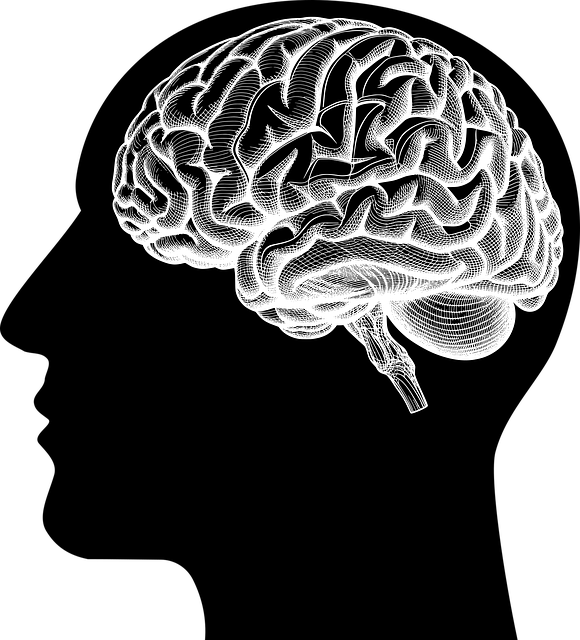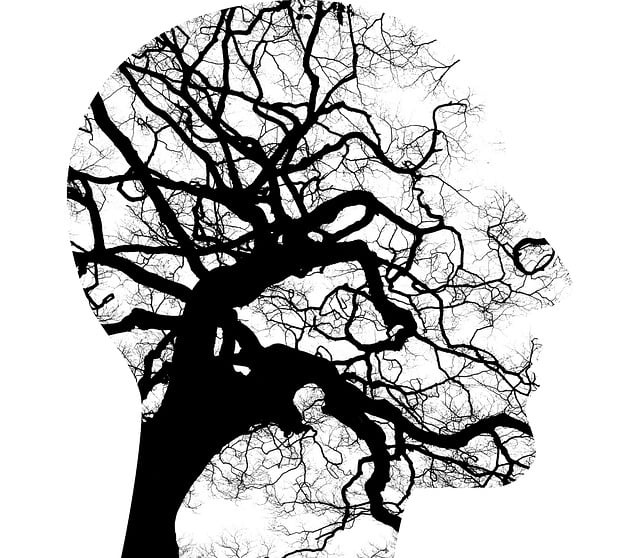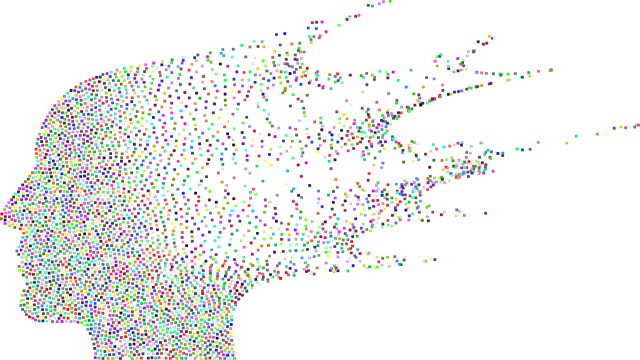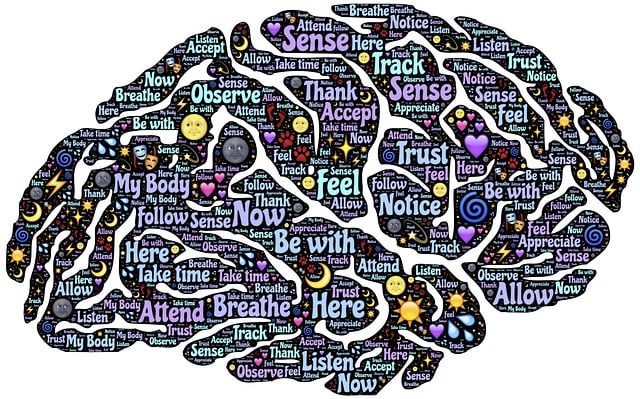Early mental health support for young children is crucial, with biofeedback therapy emerging as a powerful tool. This non-invasive approach helps kids manage stress, anxiety, and trauma by teaching them to control physiological responses. Tailored sessions prioritize open communication, cultural sensitivity, and self-care routines, empowering children with lifelong mood management skills. Structured coaching interventions, backed by research and regular evaluation, ensure effective progress tracking and continuous improvement in mental wellness education.
Mental wellness coaching programs are gaining prominence, especially with young children. This article explores the development and implementation of such programs, focusing on understanding unique mental health needs in youth. We delve into innovative techniques like biofeedback as a therapeutic tool and provide insights on designing engaging sessions tailored to young clients. Additionally, we discuss evaluating the success of coaching interventions, highlighting the importance of biofeedback in enhancing therapy outcomes for children.
- Understanding Young Children's Mental Health Needs
- The Role of Biofeedback in Coaching Programs
- Designing Effective Therapy Sessions for Young Clients
- Implementing and Evaluating the Success of Coaching Interventions
Understanding Young Children's Mental Health Needs

Young children’s mental health needs are distinct and often overlooked due to their developing brains and communication skills. According to recent studies, early childhood is a critical period for establishing emotional well-being, with experiences during this time shaping future mental health trajectories. Therapy for young children, such as biofeedback, has emerged as an effective approach to address emerging issues like anxiety, depression, and trauma. Biofeedback techniques teach children age-appropriate strategies to recognize and manage their physiological responses, enhancing their self-awareness and coping abilities.
This early intervention is crucial in promoting resilience and healthy emotional development. By integrating confidence-boosting practices alongside traditional therapy, coaches can empower young clients to navigate challenges with growing adaptability and composure. Additionally, mood management skills learned through biofeedback can serve as lifelong tools, helping children regulate their emotions in various settings, including school and at home.
The Role of Biofeedback in Coaching Programs

Biofeedback is a powerful tool gaining prominence in mental wellness coaching programs, particularly for young children. This non-invasive therapy allows individuals to gain control over physiological functions often associated with stress and anxiety responses. By providing real-time data on bodily reactions, biofeedback enables clients to learn coping skills development and emotional healing processes. Through this, they can better understand their triggers and regulate their responses more effectively.
Incorporating biofeedback into coaching programs addresses not only the individual’s mental health but also considers cultural sensitivity in mental healthcare practice. By tailoring approaches to suit diverse backgrounds, coaches ensure that interventions are inclusive and effective for all clients. This holistic approach not only enhances the benefits of coaching but also fosters a deeper sense of trust and engagement between coach and client.
Designing Effective Therapy Sessions for Young Clients

Designing effective therapy sessions tailored for young clients is a specialized art that requires unique approaches to foster open communication and facilitate healing. When addressing mental wellness, therapists must create a safe and supportive environment, adapting techniques to suit the developmental stage of their young patients. One powerful tool in this process is biofeedback, which teaches children how to consciously regulate their physiological responses. Through interactive exercises, they learn to recognize and manage stress, anxiety, or anger, empowering them with self-care skills for life.
Effective therapy sessions for young individuals should incorporate age-appropriate communication strategies, ensuring the child feels heard and understood. Cultural sensitivity in mental healthcare practice is paramount, as therapists must respect and accommodate diverse backgrounds and beliefs. By integrating culturally relevant activities and perspectives, therapists can build trust and encourage participation. Additionally, promoting self-care routine development for better mental health is integral to the coaching process, teaching children healthy coping mechanisms and fostering resilience.
Implementing and Evaluating the Success of Coaching Interventions

Implementing coaching interventions for mental wellness requires a structured approach to ensure effectiveness and measure success. The process begins with clearly defining goals and objectives tailored to individual needs, especially when targeting young children. Coaches should employ evidence-based techniques, such as biofeedback, to teach clients self-regulation strategies. This not only enhances their ability to manage stress but also fosters resilience, a key aspect of overall mental health.
Regular evaluation is paramount to assess the progress and impact of coaching sessions. Using standardized assessment tools and qualitative feedback methods allows for comprehensive analysis. By comparing initial and post-intervention data, coaches can identify successful strategies and areas requiring refinement. Moreover, integrating this data into the design of Mental Health Education Programs and Stress Management Workshops within organizations ensures continuous improvement and better outcomes for participants.
Mental wellness coaching programs that cater to young children’s unique mental health needs, incorporating biofeedback techniques, have proven to be highly effective. By designing tailored therapy sessions and rigorously evaluating their success, coaches can significantly enhance the well-being of their young clients. Integrating biofeedback into these programs offers a promising approach to addressing the growing need for accessible and specialized mental health support for children.

